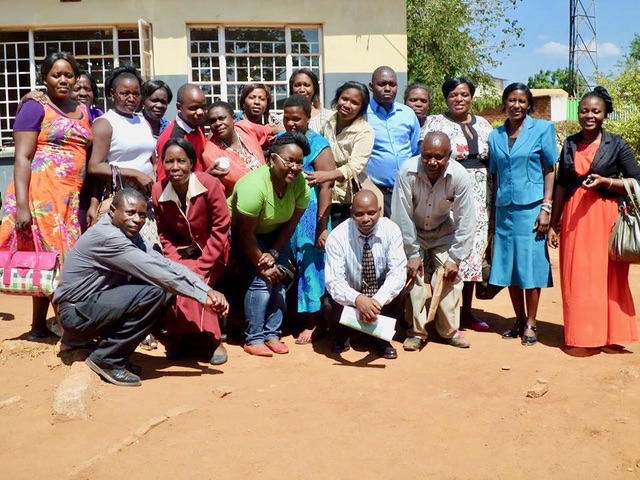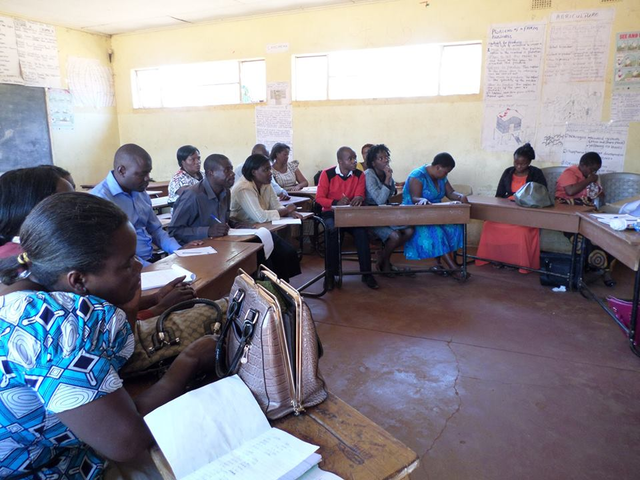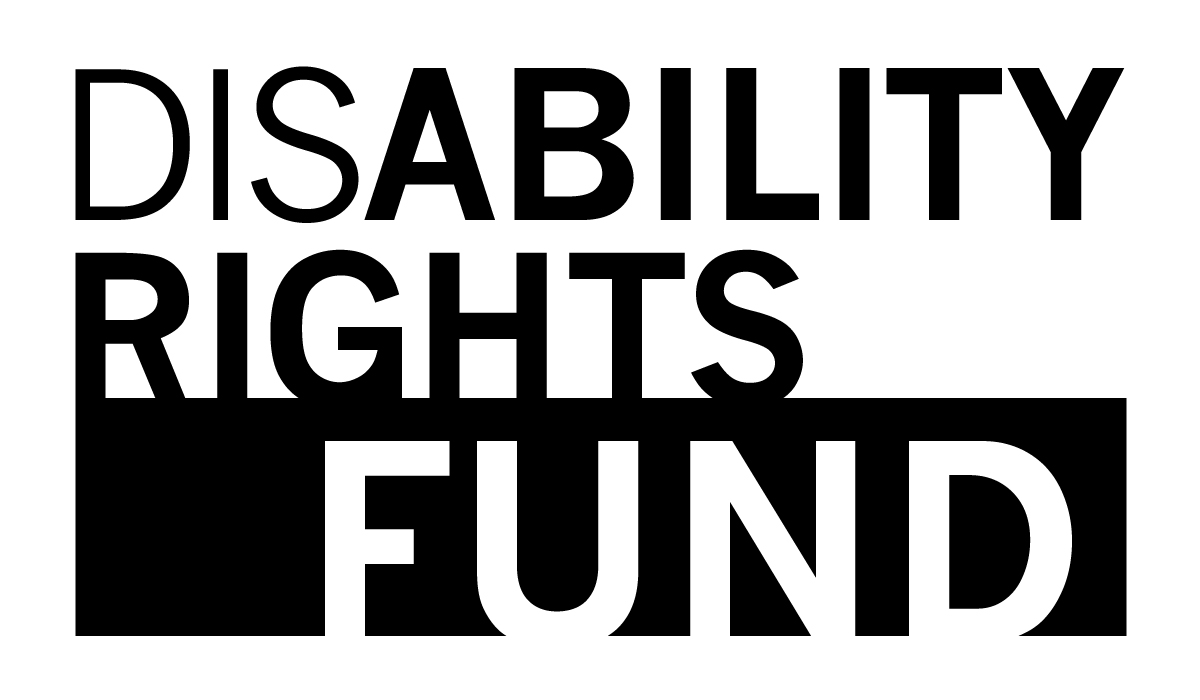
Natalia, 14 years old, was born with a physical disability that affected both her legs. Natalia’s parents loved and cared for their child and supported her to be independent. The case was different in her school environment where she was bullied by other children because of her disability. The school authorities did nothing and Natalia, who felt unsafe and unable to learn, dropped out of school. Out of school for three years, she felt useless and lonely.
Desperate for assistance, Natalia’s mother attended a community meeting organized by the Disabled Women in Africa (DIWA) and divulged the case of her daughter. Natalia also told them about her ordeal through uncontrollable tears. DIWA, the police, and paralegals immediately met the new head teacher who promised to register her for school. Natalia is now able to thrive in a safe school and classroom free from bullying.
The Disabled Women in Africa (DIWA) is a pan-African organization of women with disabilities. Their work with children with disabilities in Malawi began during a project targeting the exploitation and abuse of persons with disabilities. They discovered that many children with disabilities, rather than being in school, were either being forced to beg for their families in the streets, or else locked up in their homes to endure abuse or neglect. Others, like Natalia, are prevented from going to school because of the hostile school environment and her feeling of vulnerability.
They also found that even those who go to school face many barriers and often drop out. The schools’ physical environments and learning materials are not accessible for children with disabilities, and the stigma about having a disability means that they are often shunned or bullied by other students. Specially trained teachers are spread too thin, and other teachers generally ignore children with disabilities, even when the children actively seek their assistance.

DIWA launched a four-pronged strategy to get children with disabilities enrolled and thriving in school:
- Changing Attitudes: Raising awareness of the public through campaigns to dispel negative stereotypes about children with disabilities
- Supporting Children with Disabilities: Providing academic and peer support services to children with disabilities to facilitate their success in coordination with other organizations and schools
- Involving Parents and Communities: Fostering a sense of responsibility for children with disabilities among parents and community leaders by educating them about the need for inclusive education policies and budgets
- Working with Teachers: Training teachers to prepare them to work with children with disabilities in their classrooms
DIWA and the community and schools they support are already seeing remarkable results. In one year, they enrolled 70 children in schools. Over 100 teachers now report being able to teach from an inclusive perspective, and 80% of the target schools have improved the accessibility of their environments and learning materials.
Leveraging DRF funding since 2015 with other external funding and networks, DIWA is advocating for a national inclusive education policy. Their advocacy is aimed at providing meaningful learning opportunities for learners with disabilities within the regular school system. They are also meeting with government representatives to advocate for adequate budget allocations.
The attitudes of parents and community leaders are shifting, and incredibly, teachers are mobilizing themselves to advocate for inclusive education, through a new Teachers’ Inclusive Education Alliance covering ten schools in Lilongwe.
Speaking during the training workshop of teachers at Kalolo Primary School in Lilongwe, DIWA project manager Rejoice Masebo said:
Most teachers lack training and awareness about inclusive education methodologies and the diversity of disabilities. Through the Teachers’ Inclusive Education Alliance, funded by the Disability Rights Fund, we are training 100 teachers from ten primary schools in Lilongwe.
The Alliance seeks to facilitate a conducive environment for all learners including children with disabilities by speaking to parents, school teachers and authorities, and district leaders.
Perhaps the most exciting change is in the children in these communities. Often the strongest supporters of children with disabilities are the friends they make at school. Children without disabilities are learning to accept them, and go out of their way to ensure that they are never excluded.
As for the children with disabilities, they are overjoyed to be able to go out into the world and interact with other children, to be accepted and make friends for the first time. Ruth Nkutumula, DIWA Coordinator, said:
For the first time, the children have hope for their futures and are overjoyed to simply be recognized as valuable members of society. Given the opportunity, many are now excelling in school and proving themselves just as capable of success as any of their peers.
We envision this project and others like it in the DRF portfolio across different countries are building a pathway for equal opportunities for all children with disabilities.
Interview and story by Sofia Jamall and Yumi Sera
